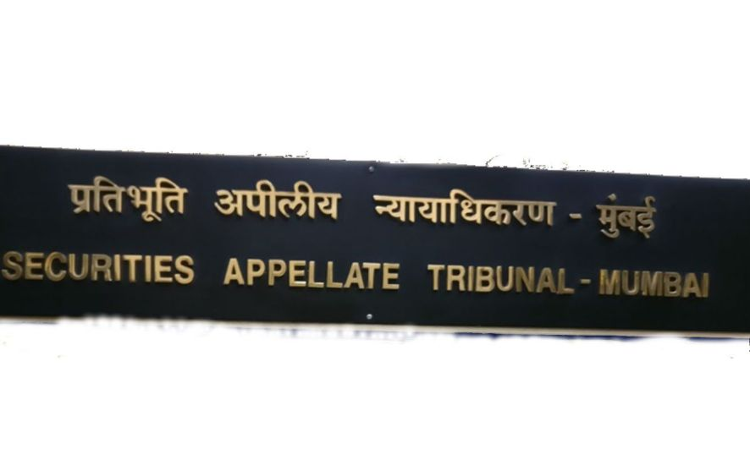SAT Sets Aside Penalty Imposed By SEBI On Directors Of P G Electroplast As "Grossly Disproportionate"
Arunima Bhattacharjee
1 Sept 2019 10:17 AM IST

The SAT was of the view that the AO had exceeded its power in imposing the maximum penalty under section 15J of the SEBI Act. Finding the penalty as “grossly disproportionate to the violation”, the impugned order imposing the penalty of 1 cr. each on the directors was set aside.
Next Story


